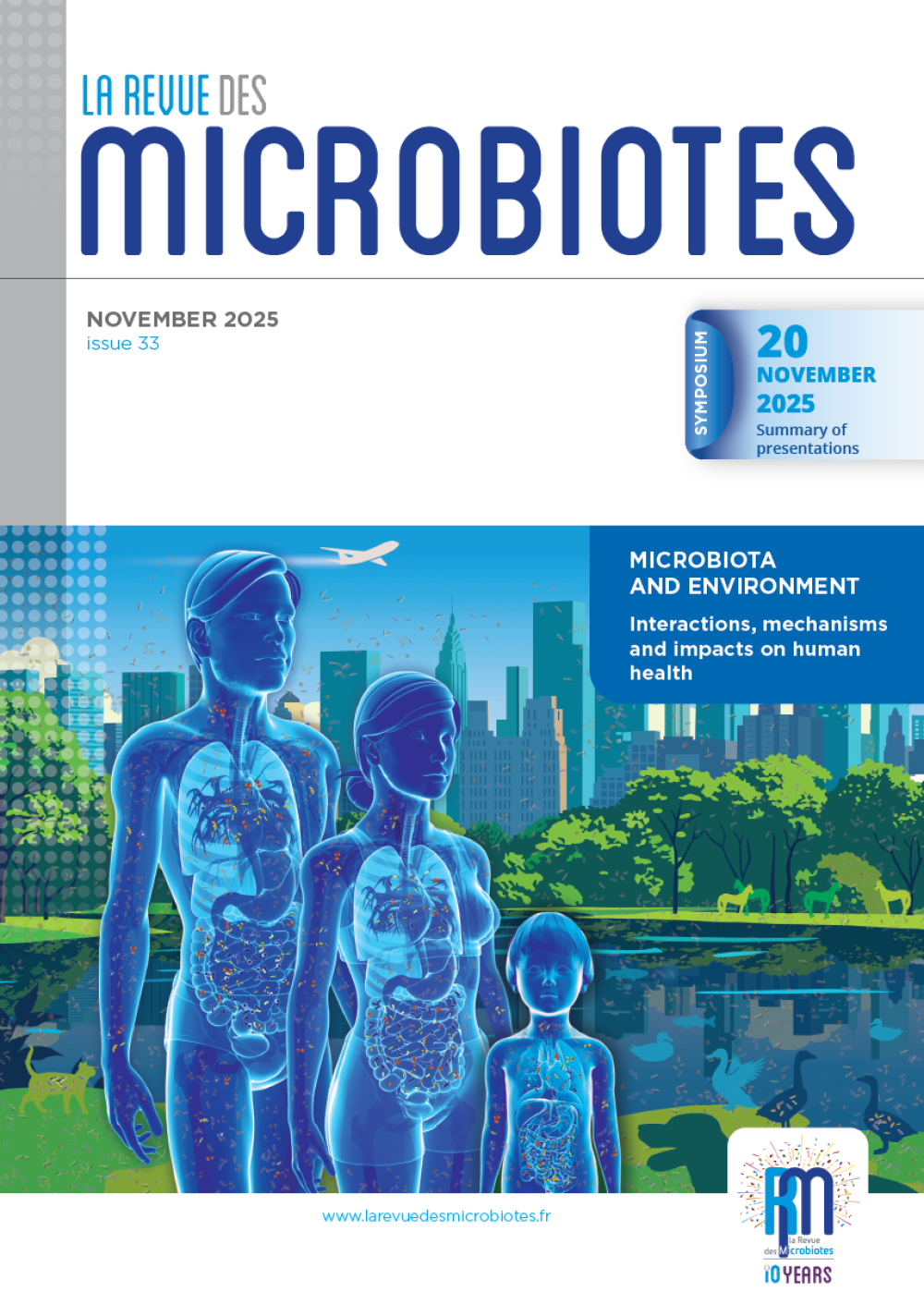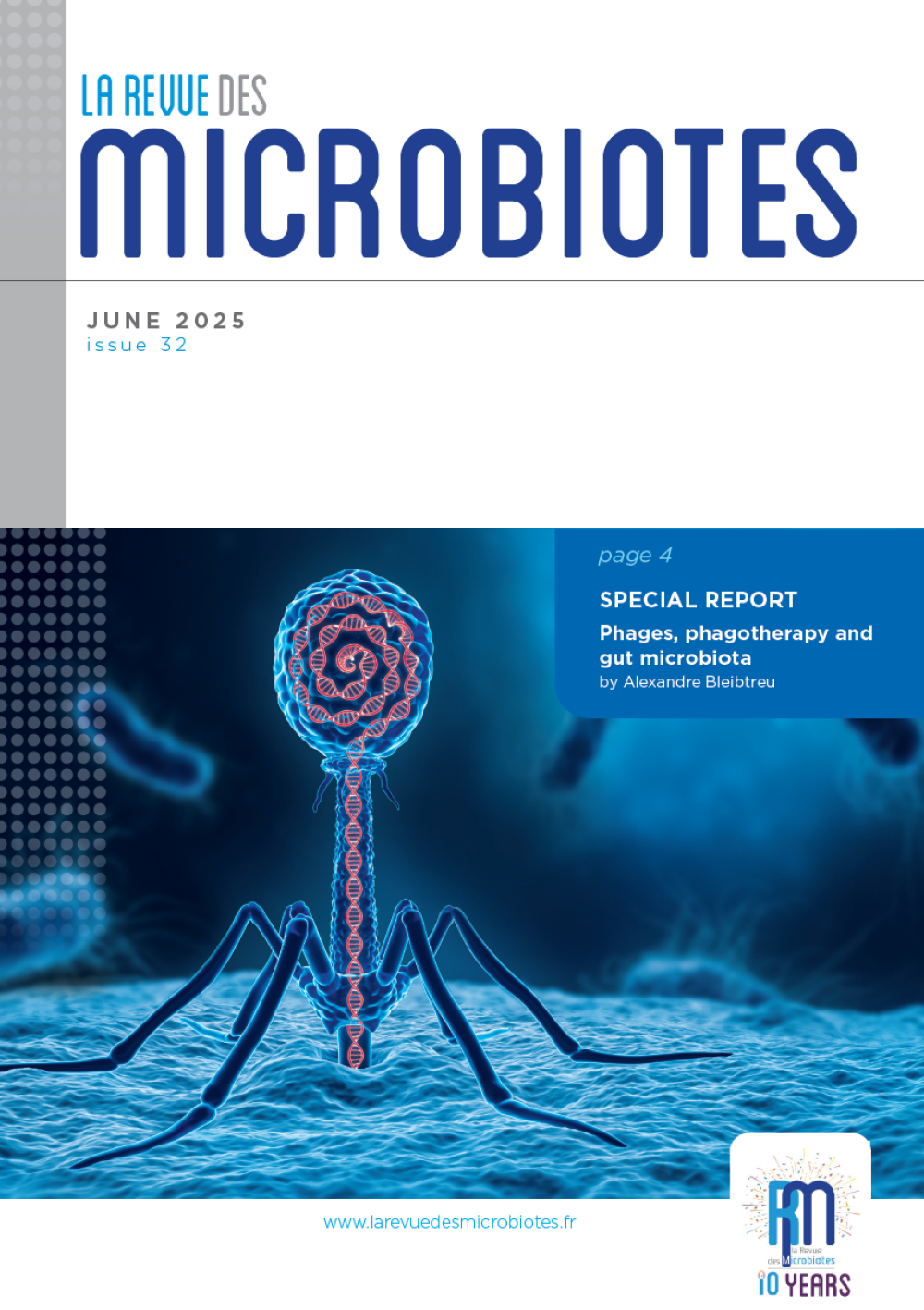Five years ago, I had the honour of writing a foreword to the second issue of La Revue des Microbiotes (June 2015) on the major theme of the gut-brain axis. Over the years, a great many avenues have been explored which have made the microbiota's importance absolutely clear, if not in the genesis then at least in the expression or revelation of certain mental illnesses.
Doctors Lemey and Bazziconi use an explanatory model to help us understand the consequences of dysbiosis based on the most relevant studies carried out on mental conditions as broad as autism spectrum disorders, bipolar disorders
and schizophrenia. The interactions between the gut microbiota and the brain are dissected, via diverse paths, such as the enteric nervous system, the vagus nerve and the immune system, or via molecules synthesised by the gut bacteria, like short-chain fatty acids. It is interesting to note that certain mechanisms are common to the mental illnesses and psychological disorders of neurological conditions like Parkinson's disease and multiple sclerosis.
These studies prove, if proof was still needed, that psychiatry is rooted within the sphere of neuroscience and, as indicated by doctor Nuss, that the microbiota has taken away the choice between the biological and the psychological. For him, discussing the microbiota with a patient allows for an individual integrative approach, and allows them to take
ownership of their treatment, through psychonutrition for instance. Evidently, the road to a consensual and interventionist strategy on the gut microbiota in mental conditions is still long, but modulation of the microbiota is one of the possibilities in a more personalised and holistic medicine.
Patrick Vermersch
Editor in Chief of this issue













